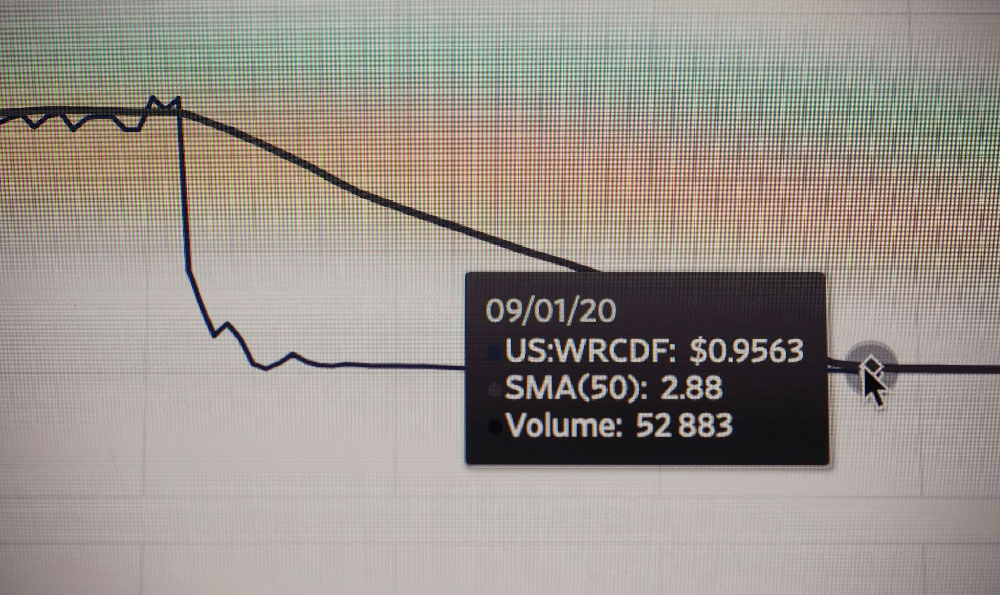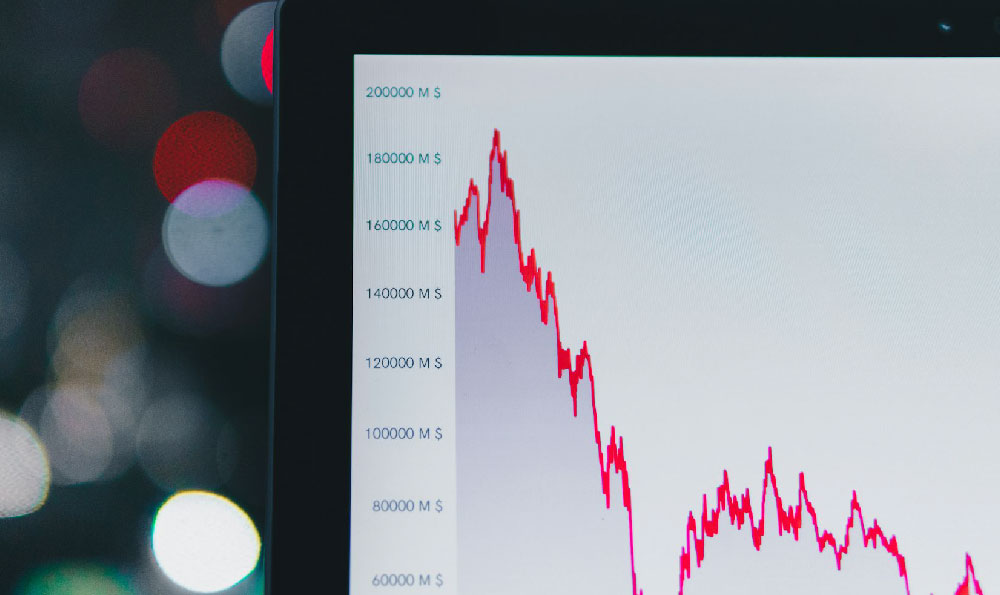The Rothschild family's ascent to immense wealth and influence is a fascinating study in financial acumen, strategic foresight, and an understanding of geopolitical landscapes. Their story, beginning in the late 18th century, provides a valuable lens through which to understand the enduring principles of wealth creation and preservation, though it's crucial to acknowledge that the 21st-century financial world presents unique challenges and opportunities.
The foundation of the Rothschild fortune was laid by Mayer Amschel Rothschild in Frankfurt, Germany. His early business involved dealing in rare coins, which provided him with access to aristocratic circles. This was more than mere commerce; it was about building relationships and establishing trust with individuals who held significant power and wealth. Understanding the importance of networking and building relationships is key. They weren't just selling coins; they were cultivating influence. This early emphasis on cultivating relationships with powerful individuals laid the groundwork for future success. This wasn't mere opportunism; it was a conscious strategy of building social capital.
A critical element of their success was the creation of an international banking network. Mayer Amschel strategically placed his five sons in key European financial centers: Frankfurt, London, Paris, Vienna, and Naples. This decentralized yet interconnected structure allowed them to facilitate cross-border transactions, finance governments, and gain access to information ahead of their competitors. This geographical diversification mitigated risk and provided a competitive edge. Having a presence in multiple markets allowed them to understand and respond to changing economic conditions quickly. The ability to move capital and information rapidly across borders was a significant advantage in a world where communication was significantly slower than it is today.

Information played a crucial role in the Rothschilds' success. They developed sophisticated intelligence networks, relying on couriers and informants to gather political and economic news faster than their rivals. This informational advantage allowed them to make more informed investment decisions and anticipate market movements. A prime example is their alleged knowledge of the outcome of the Battle of Waterloo before the general public. While the specifics of that event remain debated, the principle remains: access to timely and accurate information is invaluable in financial markets. This wasn't just about gossip; it was about meticulously gathering and analyzing data to inform investment strategies.
Beyond information, the Rothschilds demonstrated a willingness to take calculated risks. They financed governments during times of war and instability, understanding that such ventures could yield substantial returns, albeit with significant potential downsides. Financing the Napoleonic Wars, for example, was a high-stakes gamble that paid off handsomely. Understanding and assessing risk is paramount. They weren't blindly throwing money; they were carefully analyzing the political and economic landscape and making informed decisions based on their understanding of the risks and potential rewards. This involved a deep understanding of geopolitics and the ability to assess the creditworthiness of nations.
Another vital element was their commitment to discretion and secrecy. They maintained a low profile, avoiding ostentatious displays of wealth and fiercely guarding their financial dealings. This secrecy protected them from competitors and allowed them to operate more effectively in a world where information was power. This wasn't paranoia; it was a conscious decision to protect their competitive advantage. It allowed them to move capital and make deals without attracting undue attention. In an era of limited regulation, this discretion was particularly valuable.
Furthermore, the Rothschilds fostered a strong family culture based on loyalty and cooperation. Family members worked closely together, sharing information and resources, and adhering to a common set of principles. This internal cohesion provided stability and allowed them to weather economic storms. This wasn't just about blood relations; it was about a shared vision and a commitment to working together towards a common goal. This internal trust and cooperation allowed them to make swift decisions and execute complex financial transactions.
Finally, the Rothschilds adapted to changing circumstances. They transitioned from financing governments to investing in industries such as railways and mining, demonstrating their ability to identify and capitalize on new opportunities. Staying adaptable and being able to identify emerging trends and industries is extremely important. They weren't stuck in their ways; they were constantly looking for new avenues for growth and investment. This required a willingness to learn and embrace new technologies and industries.
While the specific circumstances of the Rothschilds' rise are unique to their time, the underlying principles remain relevant today. These include the importance of building strong relationships, developing a deep understanding of financial markets, gathering and analyzing information, taking calculated risks, maintaining discretion, fostering a strong culture, and adapting to change. Modern investors can learn from these principles, adapting them to the realities of the 21st-century financial landscape, which is characterized by globalization, technological advancements, and increased regulation. Understanding these factors can better help in making informed investment decisions and navigating the complexities of the modern financial world.












